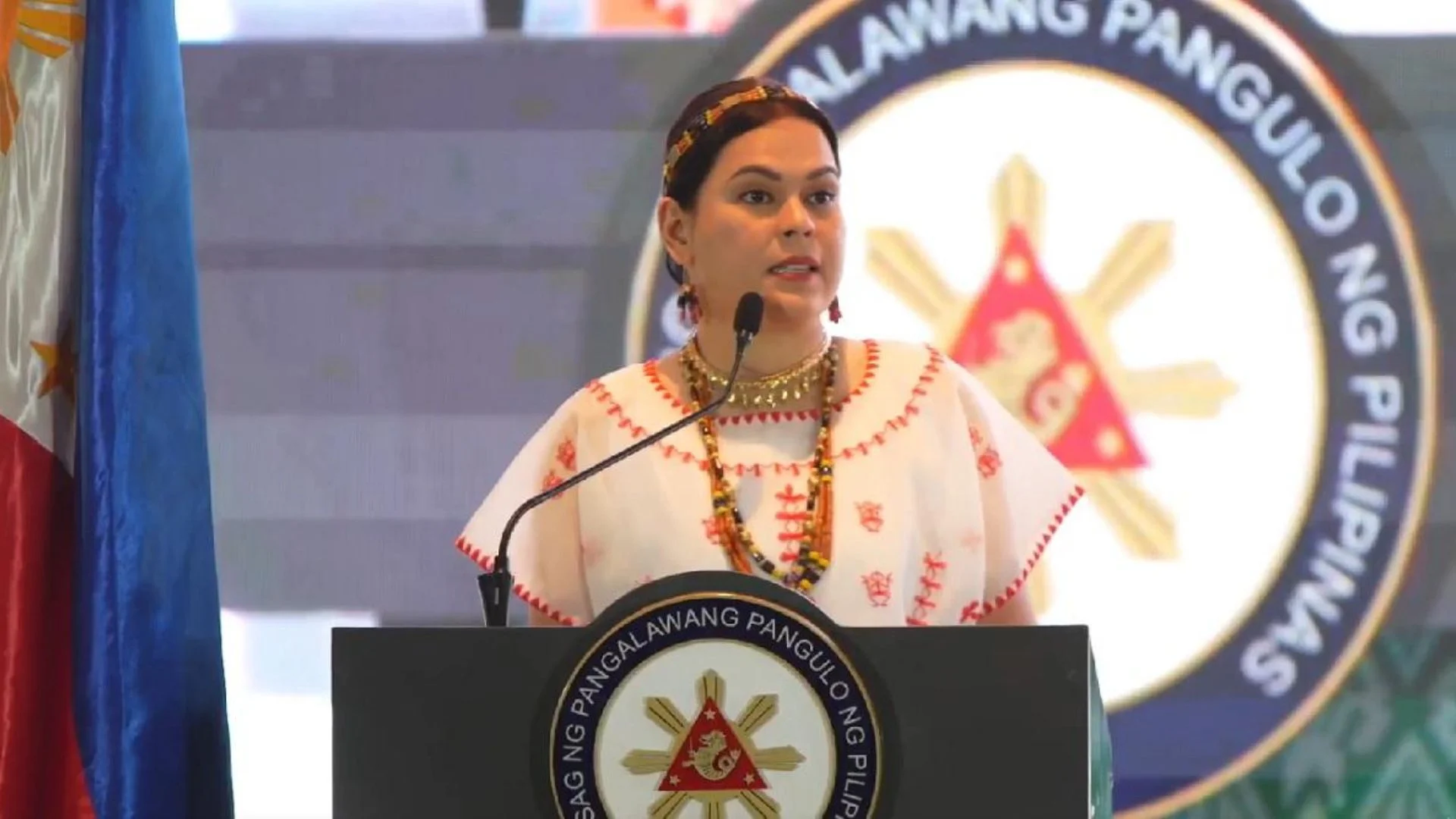
The Editors Guild of India (EGI) has filed a writ petition in the Supreme Court seeking a court-monitored SIT probe into the reports of state surveillance of journalists, activists and politicians using the Isreali spyware Pegasus.
The plea also sought directions to be issued to the Central government to produce any contracts, agreements, memoranda of understanding entered into with foreign companies for supplying spyware, hacking or electronic surveillance for use on Indian Citizens.
The Editors Guild of India also sought directions to be issued to the Central government to produce any contracts, agreements, memoranda of understanding entered into with foreign companies for supplying spyware, hacking or electronic surveillance which has been used, whether authorised or not, on Indian Citizens.
The petitioner stated that the Government of India has not expressly denied procuring Pegasus spyware, or using it on journalists, and consequently must uncover and furnish all information regarding purchase and use of this malware, and illegal surveillance carried out by the use of this spyware/surveillance tool/hacking.
The petitioner said that the citizens of India have a right to know about the violation of fundamental rights, abuse of power by the state, occurrence of cyber terrorist attacks, and threats to their privacy, safety and freedoms.
The ‘right to know’ or the ‘right to information’ of citizens is a fundamental right protected by Article 19(1)(a) and Article 21 of the Indian Constitution. This right is essential to the full exercise of other civil and political rights, including the right to privacy as autonomy, right to equality, right to freedom of speech and expression, and the right to full participation in democratic processes, it added.
The use of spyware, hacking and electronic surveillance on Indian citizens by the state would amount to gross abuse of power, the plea said.
The Pegasus cyber-attacks point to a severe inversion of this power structure. The possible use of military weapons against citizens is a serious abuse of power and a gross perversion of the constitutional scheme of limited government. Citizens are entitled to know if the Executive government is infringing the limits of their authority and what steps have been taken to safeguard their fundamental rights,it added.
The Pegasus cyber attacks have raised severe questions as to the integrity of several democratic institutions and the political process. Amongst names on the list of potential targets is included a former Election Commissioner, several members of the Opposition, and political strategists. If unaddressed, this can shake the public faith in democratic processes, and create a chilling effect, which is poisonous to the health of any democracy, the plea said.
The petitioner further stated that spying, electronic surveillance and hacking violates the right to freedom of speech, and, the right to a freedom of the under Article 19(1)(a), by causing a chilling effect on the exercise of free speech particularly by journalists and their possible sources.
The plea also said that in the absence of parliamentary or judicial oversight, electronic surveillance gives the executive government the power to influence the subject of surveillance as well as all classes of persons.















